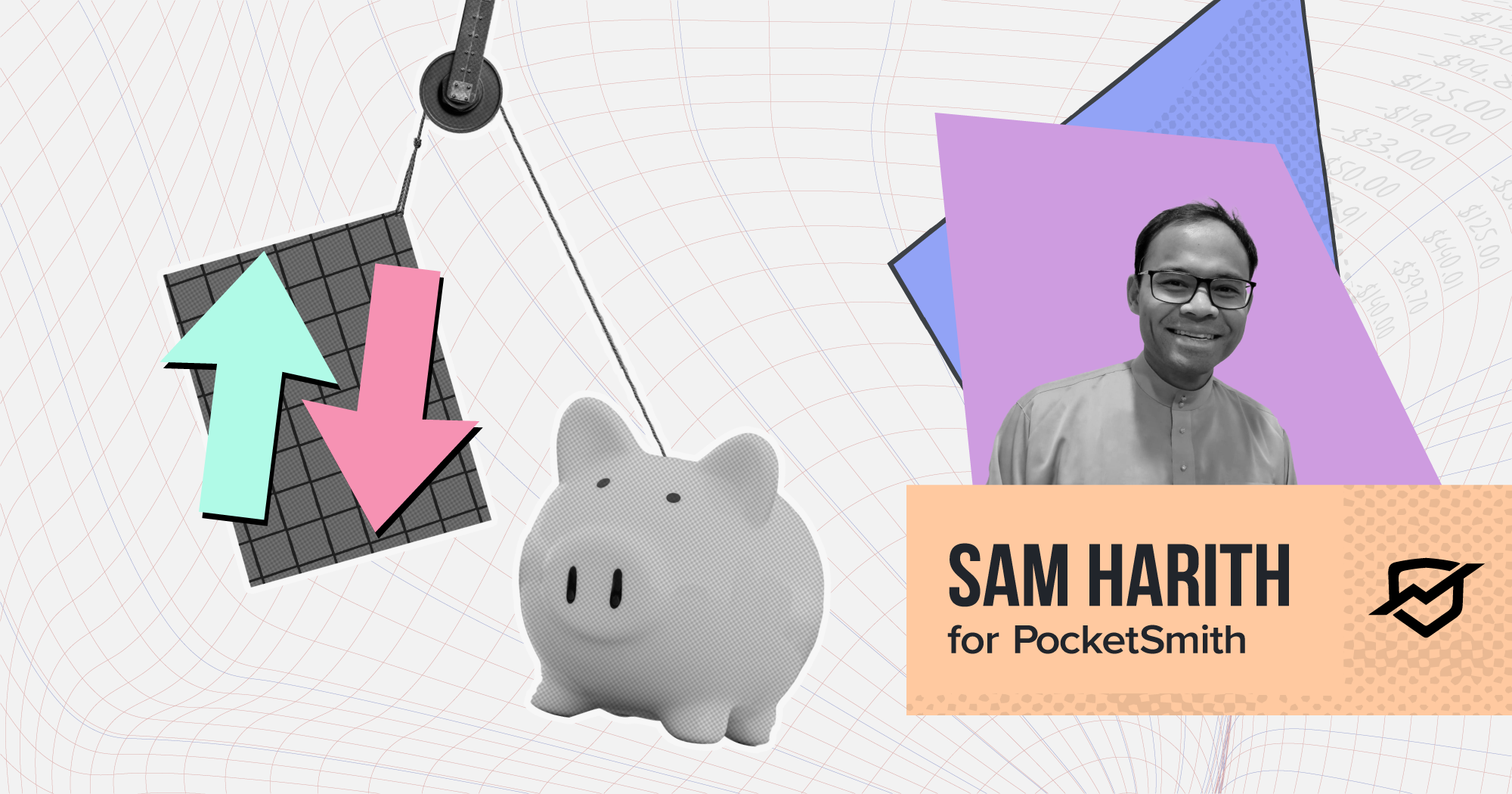
Higher interest rates are here, and they’re here to stay. For now anyway. So for those of us looking to invest for our future, where does that leave us?
Borrowing is a high-risk exercise at the moment, as interest rates are high. But on that same note, term deposits are increasing in their interest rate returns. Of course, before making any investment decisions, you need to consider what your financial goals are.
Just keep chucking money at that mortgage, buddy. Every dollar paid against your mortgage is interest saved in the future. In a time when we’re looking at a 7-8% mortgage interest rate, every dollar paid off in mortgage principal is equivalent to a guaranteed return of 7-8% percent per dollar in interest saved. Good luck finding an investment with a better return than that. The faster you pay off your mortgage, the faster you reduce your yearly outgoings. This is usually the first major milestone in the FIRE journey.
If you can’t (or won’t) pay off your mortgage early (you may have a fixed-rate contract), you can still look at some options for diversifying your investments. Stock markets (as of the time this article is published) have turned bearish, and there are plenty of good deals to be found.
There is an inverse relationship between interest rates and stock prices in general. Stock prices tend to go down as interest rates go up. As interest rates go down, stock prices rise. The simple reasoning is that institutional investors will put more money into secure cash bonds as interest rates rise and sell off their stock holdings. As the interest rate goes down, these same investors will sell off their bond holdings and invest in the stock market.
Search for companies with long-term track records of profitability, a good return on assets and healthy cash balances. Avoid over-geared and unprofitable companies (even if their stock prices have been high in the past). Share prices have fallen across the board, and with some homework, you can find a good deal. Don’t expect to make any money in the next couple of years though, it’ll take some time for the global stock markets to rebound — so don’t go investing cash that you’re going to need in the next couple of years.
If you’re reading this, I would assume you already own the property you live in. Should you be buying up investment properties? It depends. As a result of higher interest rates, there is lower demand for properties around the world. Lower demand means reduced prices. Reduced prices mean that you can potentially get a good investment property at a low(ish) price.
The flip side is that you’d have to take a new mortgage (or re-mortgage your home) and contend with the current high interest rates. If you can generate rent return that covers your mortgage repayments and you’re planning on holding for the long to medium term, go for it. If you’re looking to flip properties, now is a bad time to do so, as property prices are likely to be depressed for the next couple of years. This is all assuming that you can convince your bankers to lend you more money in the first place (good luck!).
With property prices on a downward trend, the barriers to entry have reduced for first time home buyers. This means that you may be well positioned to buy your first property in the next few years. What you do depends on how much you’ve saved up. If you’re less than 80% of the way to getting a decent deposit (about 10% of average property prices in your area) I would suggest parking your savings in a term deposit or peer to peer lending platform (like Squirrel) for the next 12 to 24 months and earn some of that high interest income.
If you’re more than 80% of the way there, start talking to your banker/mortgage broker and work out how much you can borrow and what your monthly instalments will look like now and within the next couple of years. Accounting software (again, like Pocketsmith) is a great tool for telling you how much you can afford to pay in monthly instalments. Ideally your repayments should be near or equivalent to whatever you can pay in rent, with a 20% uplift to compensate for higher interest rates in the future. If you can afford this, you’re good to go!
By the end of the day, investing is a deeply personal exercise. Don’t base all your investment decisions on a single article (like this one). Read the news, talk to your accountant or seek professional financial advice.
Don’t let the high interest rates and the current recession get your investing hopes down. Think about what your financial goals are, and then make the right decisions. I hope that this article has given you some financial inspiration (fin-spiration?) to start thinking about how to best deploy your investment funds.
Stay positive!
Sam is the director of SH Advisory, an online accounting firm for small businesses and startups in NZ. He is also the creator of The Comic Accountant, an internationally-read finance comic blog. With 15 years experience in accounting and finance, he loves sharing quality financial advice with small business owners everywhere. In his spare time, he likes to nerd out over the latest board game launches and great PC gaming deals online. If you need help with your small business and startup, Sam is the person you want to talk to!